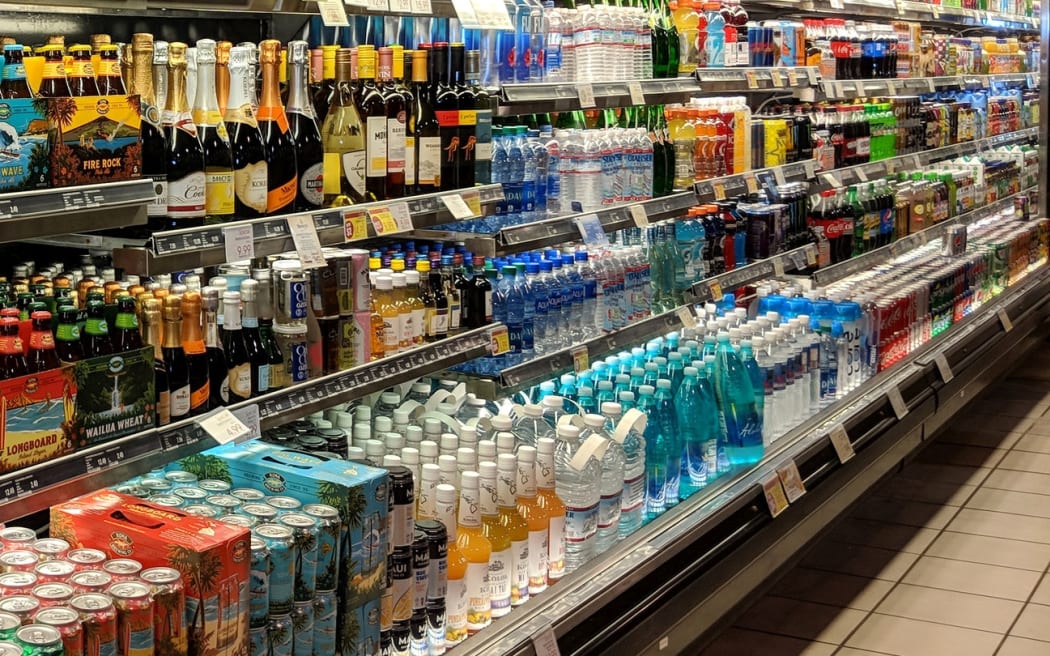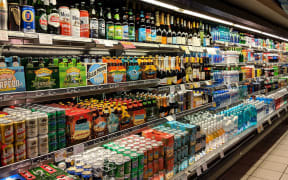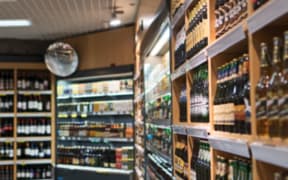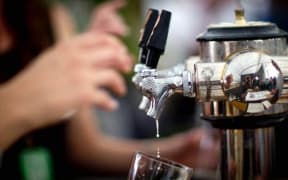
The Sale and Supply of Alcohol Amendment Bill aims to give people more say as to how, when, and where alcohol is sold in their own neighbourhoods. Photo: 123rf
Local communities objecting to alcohol being sold in their neighbourhoods will have a greater say, as the Sale and Supply of Alcohol Amendment Bill is set to become law.
The Sale and Supply of Alcohol Amendment (Community Participation) Bill passed its third reading at Parliament on Thursday.
It makes a number of changes including:
- Allowing any person or group to object to a licence application, with a narrow exception for trade competitors
- extending the timeframe for objecting, to give people more time to prepare evidence
- removing the ability for parties to appeal provisional local alcohol policies
- removing the ability to cross-examine at alcohol licensing hearings
In a statement, Justice Minister Ginny Andersen said it was a huge win for communities that were struggling with the widespread and damaging effects of alcohol-related harm.
"It was always envisaged that people would have the opportunity to be heard when it comes to how, when, and where alcohol was sold in their own neighbourhoods, but unfortunately this hasn't eventuated."
The bill empowered communities to have their say, she said.
Local alcohol policies (LAPS) are set by councils and can determine where and when alcohol can be sold by businesses, including how many shops there are and their proximity to places, such as schools.
The bill addressed three issues which communities had identified, Anderson said.
Issues included councils having difficulty applying LAPS due to constant appeals by those representing the alcohol industry; individuals and groups being excluded from objecting to licence applications; and licensing hearings being overly formal with community members feeling harassed while under cross-examination.
Andersen said many councils had had to abandon putting LAPs in place after facing expensive and lengthy legal opposition.
"To fix this the government is removing the ability for parties to appeal provisional LAPs."
Changes proposed in the bill would boost the influence communities have in local alcohol decisions, Andersen said.
"I've heard from many community members - including licence holders themselves - that licensing hearings can be adversarial and intimidating."
The bill also made licensing hearings more accessible and fairer for everybody taking part, by ensuring cross-examination was no longer allowed, she said.
In a statement, Green Party drug harm reduction spokesperson Chlöe Swarbrick said the bill's success was a direct result of community campaigning over the issue "including most recently with the Greens nearly two year campaign for my Alcohol Harm Minimisation Bill".
The Greens were pleased that the government had removed the special appeals process in the bill.
"To be crystal clear, this does not remove the right to judicial appeals ... It simply revokes a special, unique right for alcohol sellers to tie up Local Alcohol Policies progressing - there's no similar provision for sellers of tobacco, vapes, pokies or any other form of social harm."
However, Swarbrick said neither the government nor the opposition were addressing the issue of alcohol glamorisation through advertising and sponsorship.





